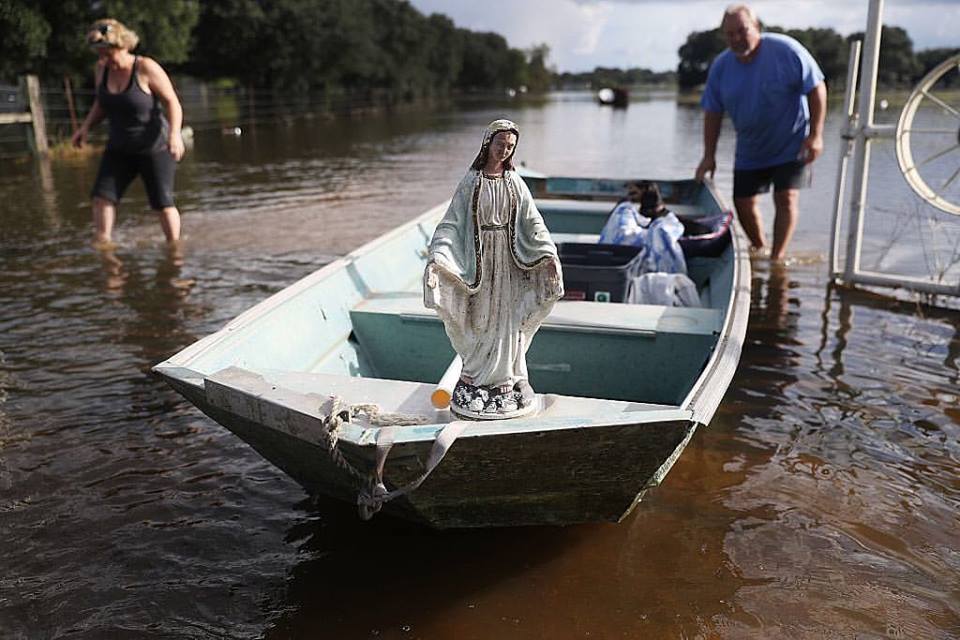
Possibilities are endless when we come together. Angelle Albright, Northshore Cajun Army
Cancer-survivor and Chemo Beanie inventor Angelle Albright made a deal with God: if she survived cancer, she would be his vessel and would wake up every day asking how he you could use her. God took her up on her promise the day after what is now called Louisiana’s Great Flood, and he quickly made his plans clear.
“I was lying on my sofa the night after the flood watching live coverage and feeling guilty that I’d just bought a brand new, enclosed 6 x 12 foot trailer to move furniture to our beach house in Florida,” Albright explained. “I was thinking that we have so much, and wondering what I could do to help those who had lost their homes.” Officials now estimate that 100,000 Louisiana residents are displaced as a result of the unprecedented amount of rain that fell last week, swamping 60,000 houses.
The next morning Albright spotted a Facebook post by the wife of the pastor of Christ’s Community Church in Denham Springs, located at the epicenter of the flood, asking for immediate donations of critical supplies. There were eight things on the list, and Albright felt called to fill her trailer with the needed items and deliver them to the church the next day. “I put out a call out on Facebook and posted the supplies that were needed by flood victims. Within two hours the trailer was filled with donations. Everybody in our community stepped up, including the Catholic churches and schools in our area.”
Albright immediately started using the hashtag #cajunarmy on her social media posts, playing off the name of a group of volunteers known as the Cajun Navy who evacuated people using boats during the flood. After learning that hers is one of a number of unconnected volunteer groups that go by the name of Cajun Army, Albright changed the name of her volunteer corps to “Northshore Cajun Army” to designate the Louisiana location from which her team primarily hails. She has since set up a Cajun Army Facebook page to meet the growing demand for information from volunteers asking how they can help.

Though her inspiration to offer assistance came just over week ago, Albright and her sidekicks, Gianna Schlottman and Karen Kleinpeter Lindsey, have since delivered 11 full trailers of provisions to Christ’s Community Church, where 1000 flood refugees had slept the night before they first arrived. The first thing needed was provisions for those sleeping at the church-turned-shelter, and Albright’s team quickly gathered a trailer full of pillows, blankets, underwear, diapers and personal items hygiene items for evacuees to use.
Next up were the supplies necessary to begin cleaning flooded houses, and donors sent buckets, bleach, brooms, mops, gloves and masks to scrub water-soaked homes. One generous contributor, who owns a janitorial supply company in nearby Bogalusa, donated $4000 worth of a special solution used to stop the spread of mildew in wet homes, saving numerous residences from further destruction. Donations continue to arrive, and Albright now coordinates daily with Shannon Easley, the wife of the pastor whose Facebook post she first responded to, in order to secure a list of essential items for the next day. Additionally, a make-shift free store has been set up at the church, which the Northshore Cajun Army and others stock daily for those in immediate need of food, water, clothing, toiletries and critical cleaning items.
Financial contributions have also begun to arrive; money that Albright, Scholttman and others on their team, including Jackson, Mississippi based Debbie Hendry, have used to buy provisions at every Dollar Tree within a three hour radius of the flood zone. Someone sent a check that enabled them to purchase 800 mops, 800 buckets and 800 brooms—all one dollar each and all critical to scrubbing down homes in a timely manner to prevent further damage. Yesterday, Albright’s team set up a foundation called the Northshore Cajun Army Fund to collect contributions that will enable them to continue to meet the overwhelming demand for help they face daily. Their mission is to "develop and deploy resources to support relief and recovery."

“Every dollar and every donated item is one piece of hope,” says Albright, “hope that helps people take one step forward in rebuilding their lives.” Given the extent of the devastation, where miles and miles of homes and businesses are uninhabitable, much more help and hope will be required as people begin to rebuild their homes and communities from the ground up.
In spite of the level of shock and sadness she’s seen, Albright stands amazed by what she’s watched God provide through the generosity of volunteers, including numerous others unconnected to her personal efforts who have arrived pulling trailers of hot cooked food, cold drinks, and even ice cream. Eight thousand meals were served in the church’s parking lot last Saturday, and whatever was left over was sent out into the neighborhoods of flood victims to distribute to those who are now camping out in their destroyed homes. On Thursday, a Mardi Gras-style parade drove through one very poor neighborhood of 300 homes that still sits untouched by relief efforts, bringing hot food plus donations of every item necessary to begin cleanup efforts.
How long will the Northshore Cajun Army continue to help flood victims? “Until everyone is whole,” says Albright. “I can’t live with myself knowing how much they need—once you see the devastation it is impossible not to help.”
Donations to the Northshore Cajun Army Fund can be made here.
Donations can also be made to Catholic Charities of Baton Rouge.
This article originally appeared at Aleteia.

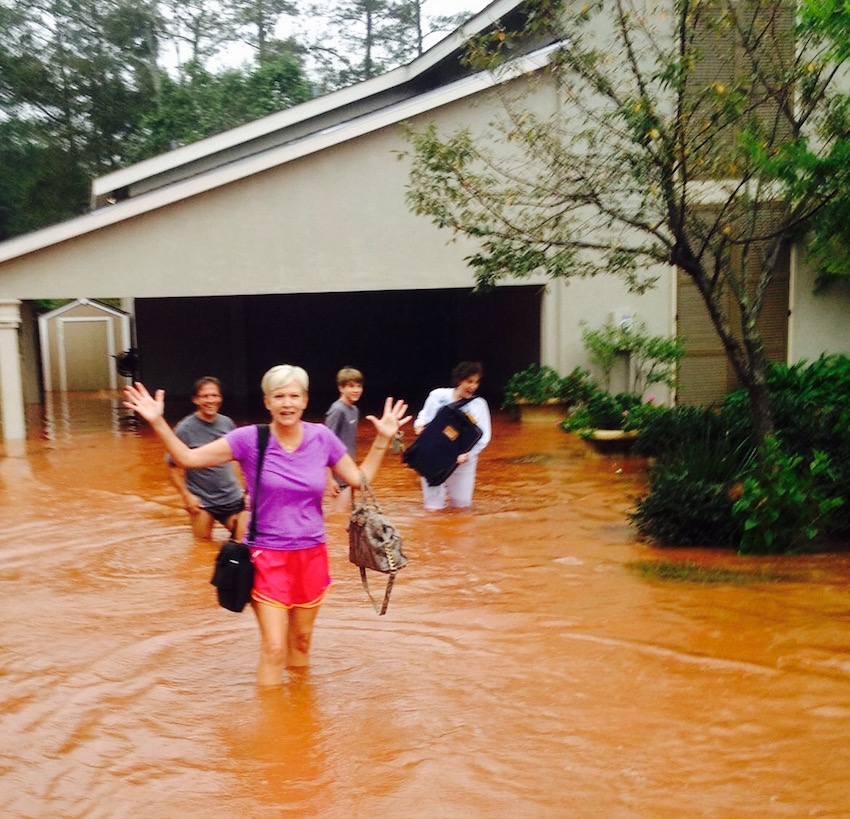

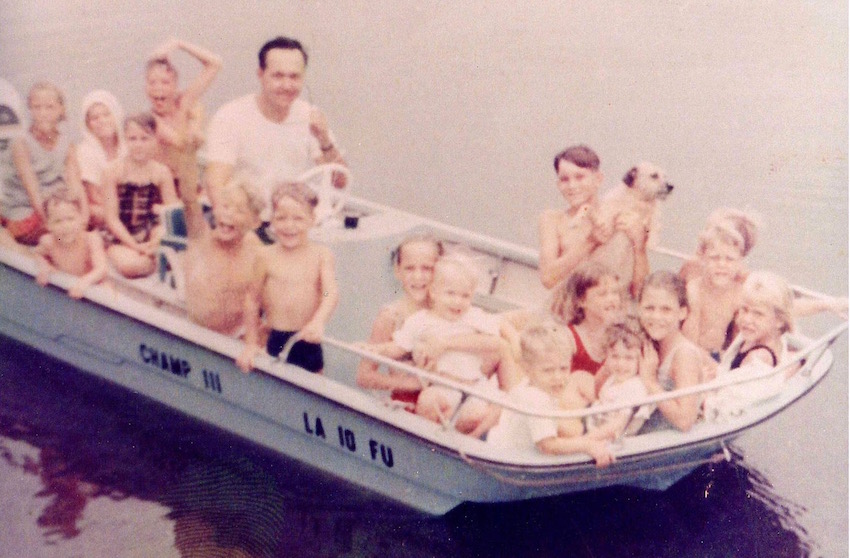 “At that last hour a soul has nothing with which to defend itself except My mercy.” —Diary of St. Faustina, par. 1075
“At that last hour a soul has nothing with which to defend itself except My mercy.” —Diary of St. Faustina, par. 1075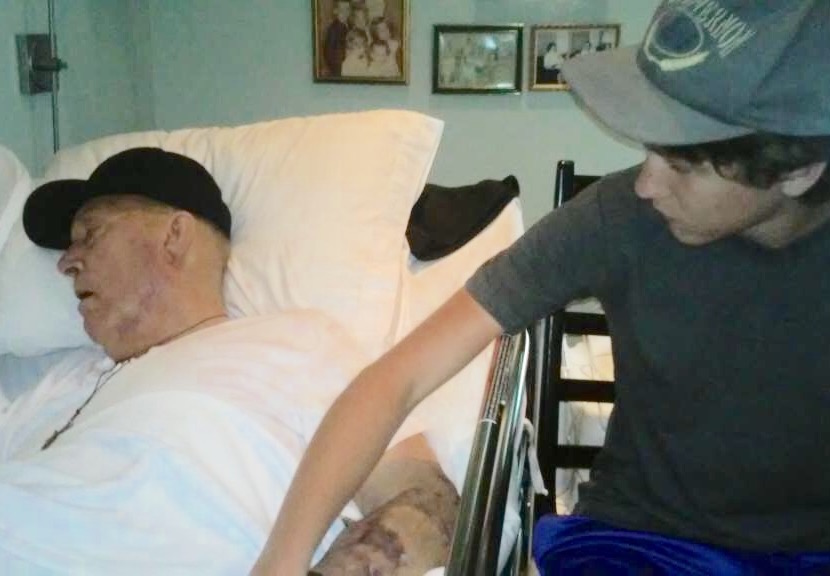
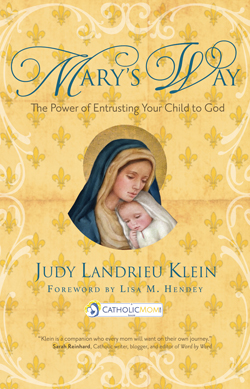



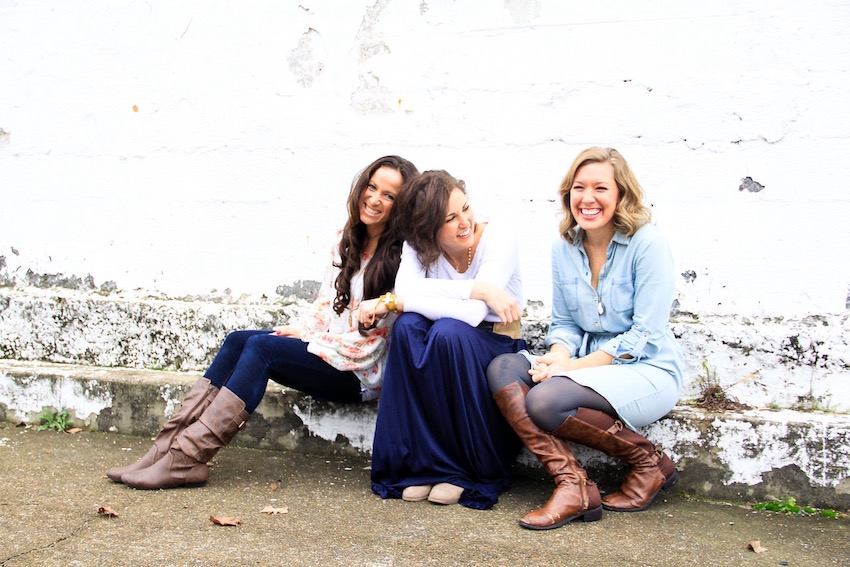
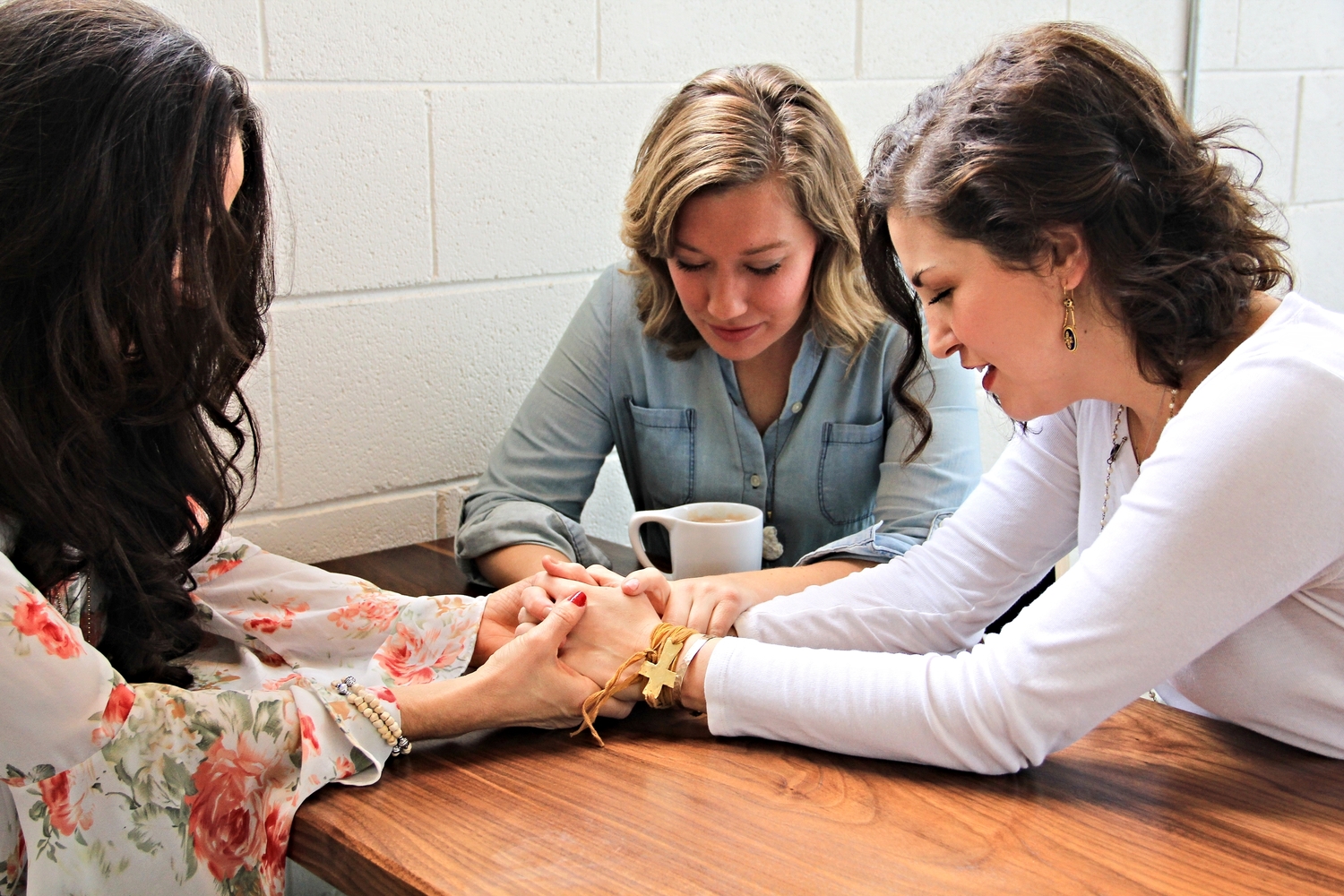

 As I watched the excellent movie Suffragette this past weekend, which documents the history of women’s struggle for the right to vote in England, two things really struck me: 1) The women’s rights movement was rightly spawned by the need for women to escape the unjust, dehumanizing and often brutal treatment suffered at the hands of men. 2) It took less than 100 years after gaining the right to vote for women to begin to use the same force, violence and dehumanizing domination they had sought to escape—most tragically, by exerting themselves against their unborn children.
As I watched the excellent movie Suffragette this past weekend, which documents the history of women’s struggle for the right to vote in England, two things really struck me: 1) The women’s rights movement was rightly spawned by the need for women to escape the unjust, dehumanizing and often brutal treatment suffered at the hands of men. 2) It took less than 100 years after gaining the right to vote for women to begin to use the same force, violence and dehumanizing domination they had sought to escape—most tragically, by exerting themselves against their unborn children.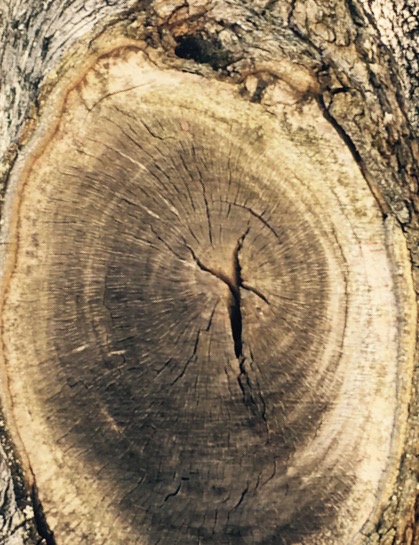 They will be called oaks of righteousness, the planting of the Lord to display his glory.
They will be called oaks of righteousness, the planting of the Lord to display his glory.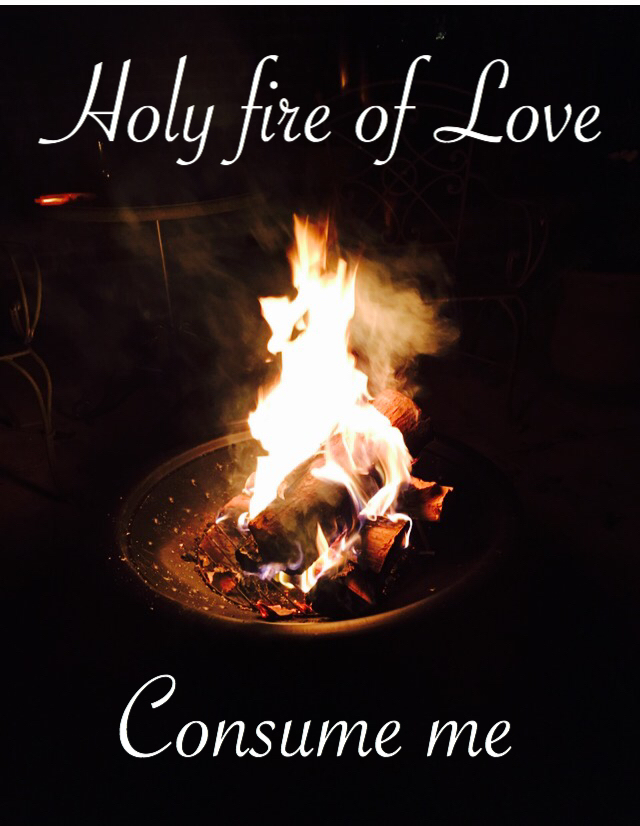 Have you ever had a magnanimous moment where you begged for the fire of God’s love to consume you, only to find in short order that it’s burning the hell out of you?
Have you ever had a magnanimous moment where you begged for the fire of God’s love to consume you, only to find in short order that it’s burning the hell out of you?